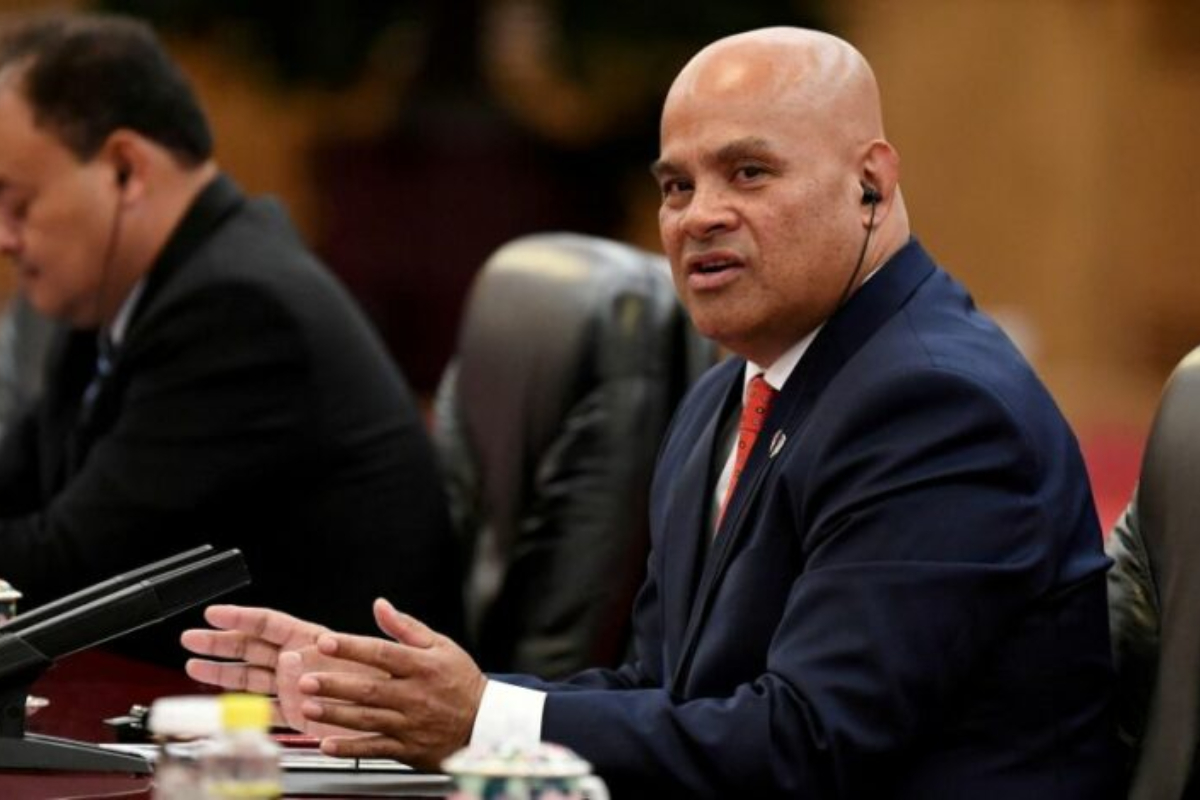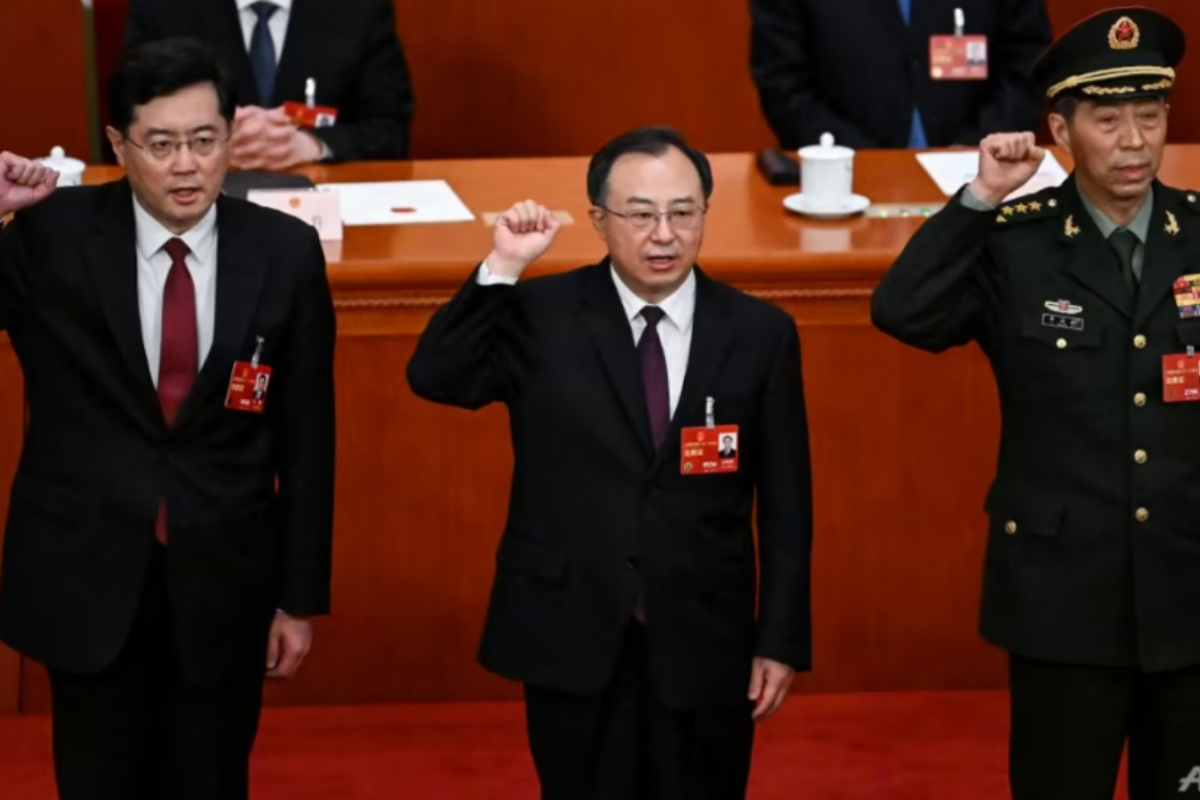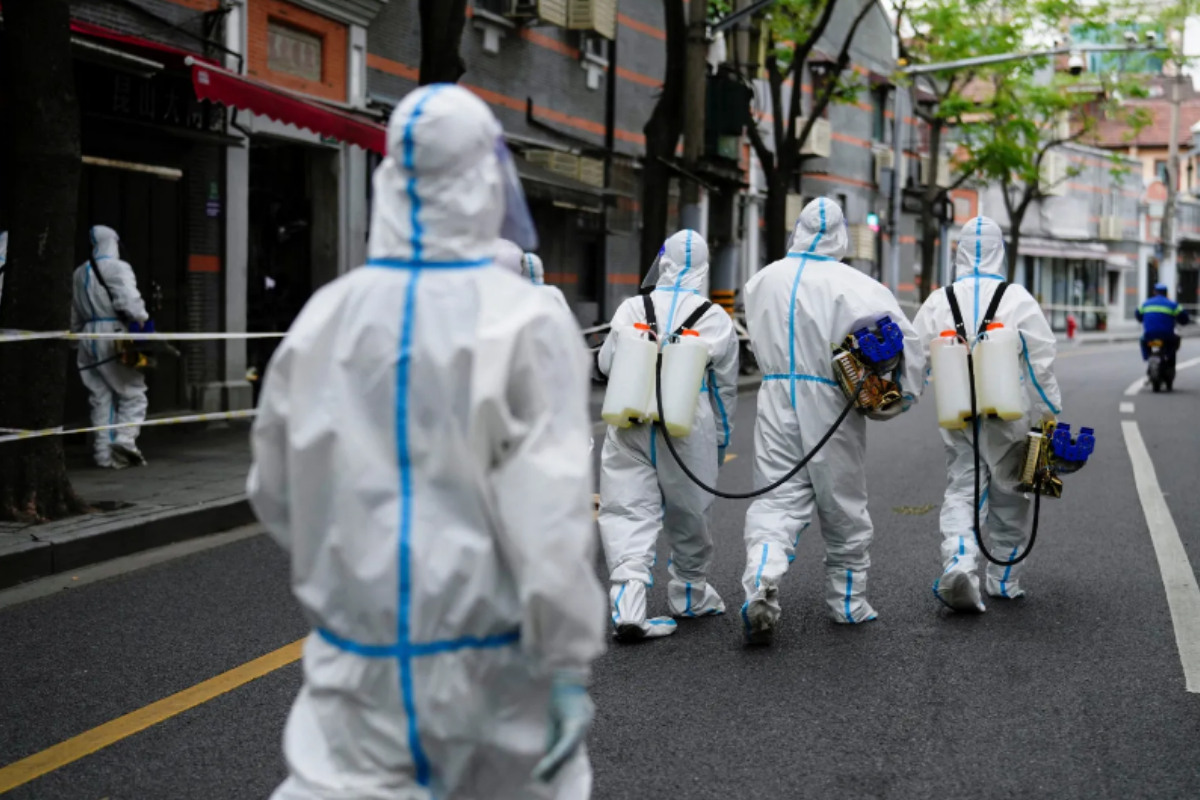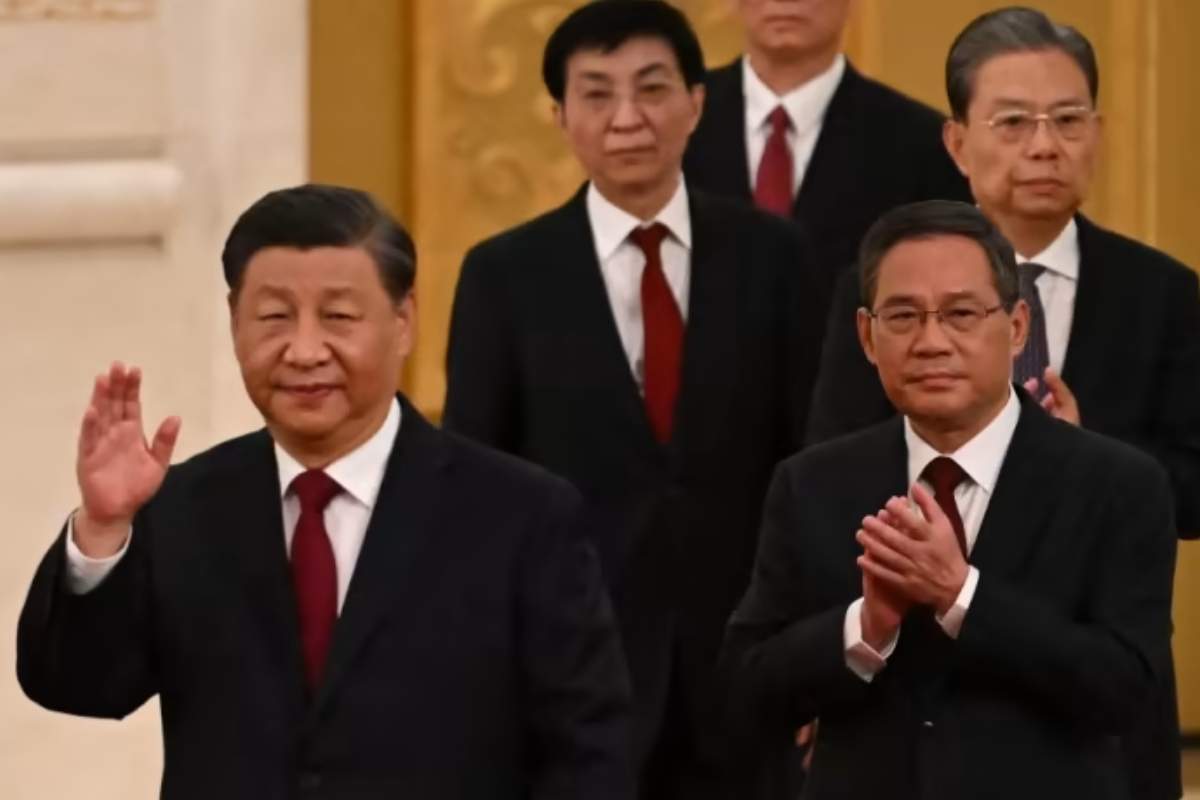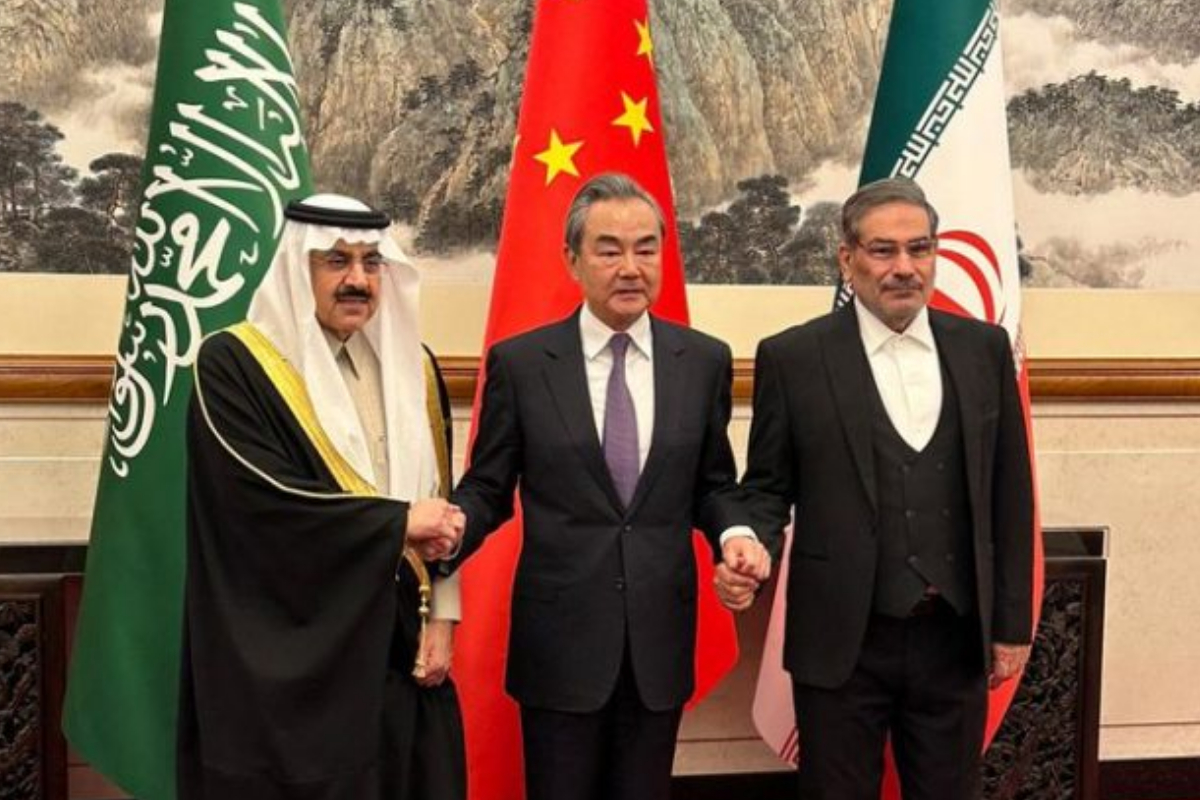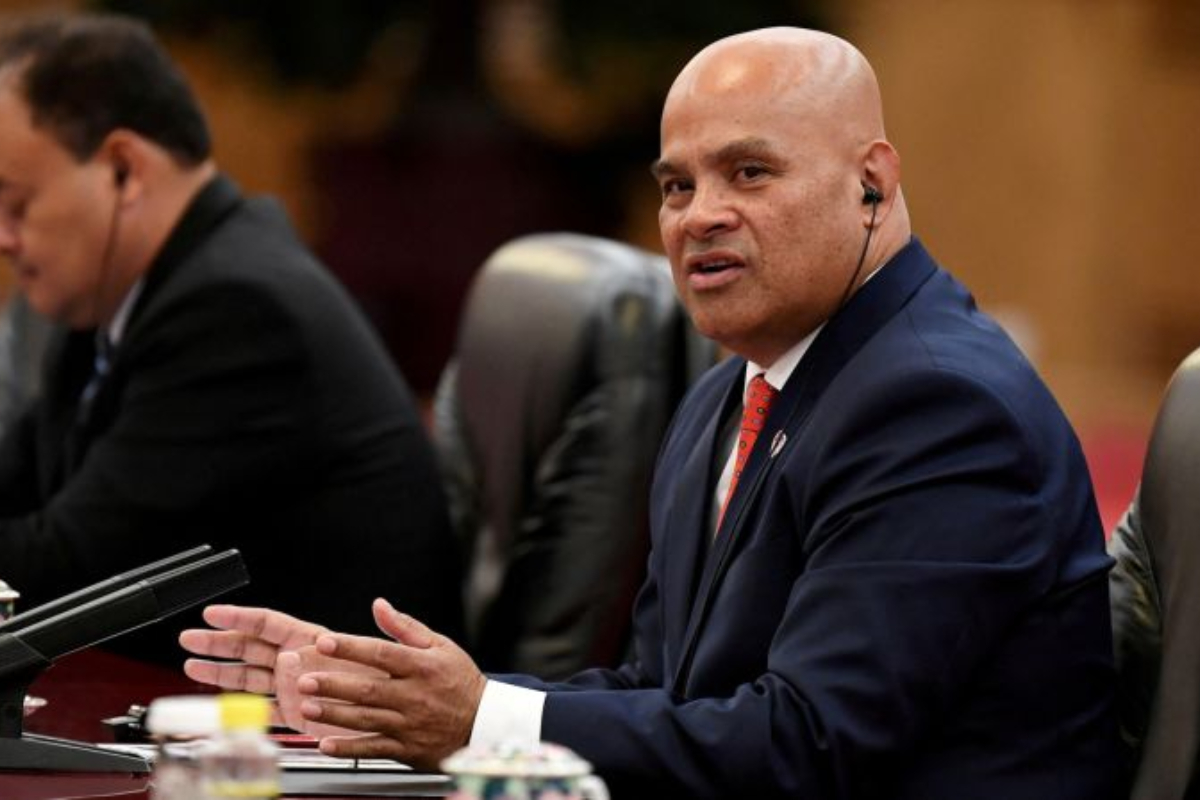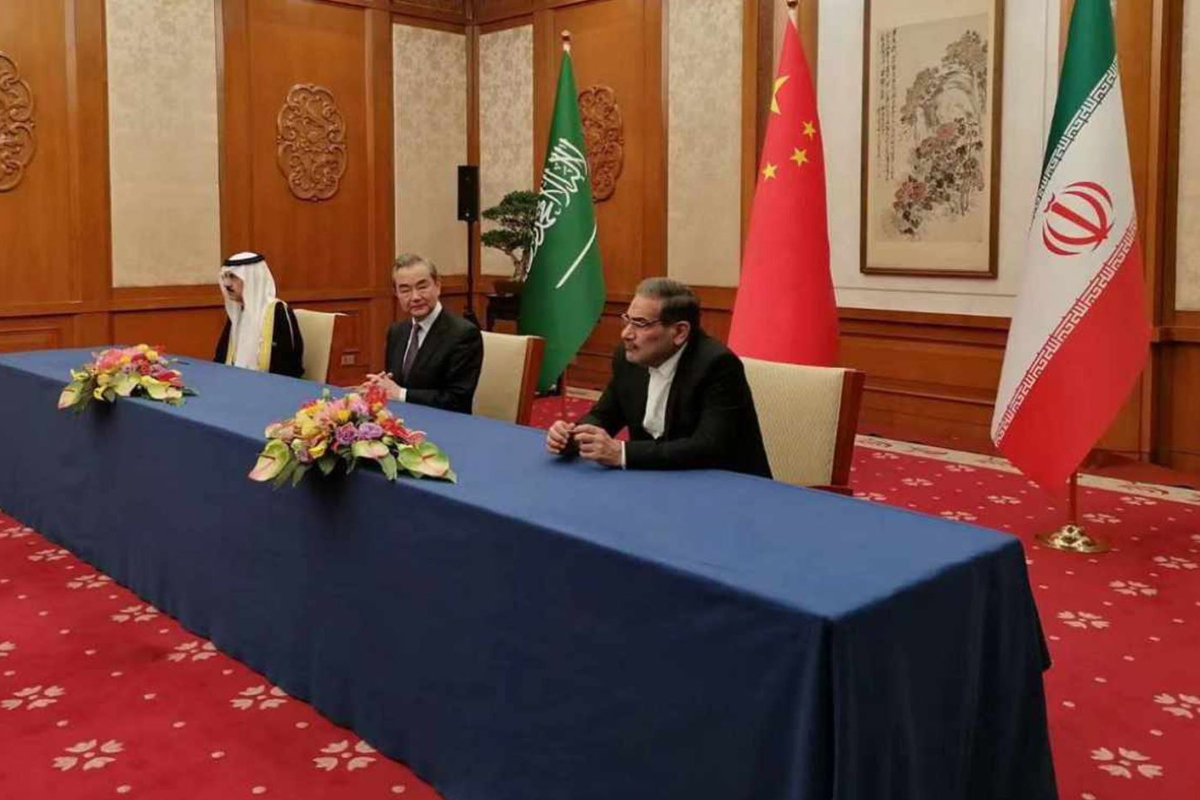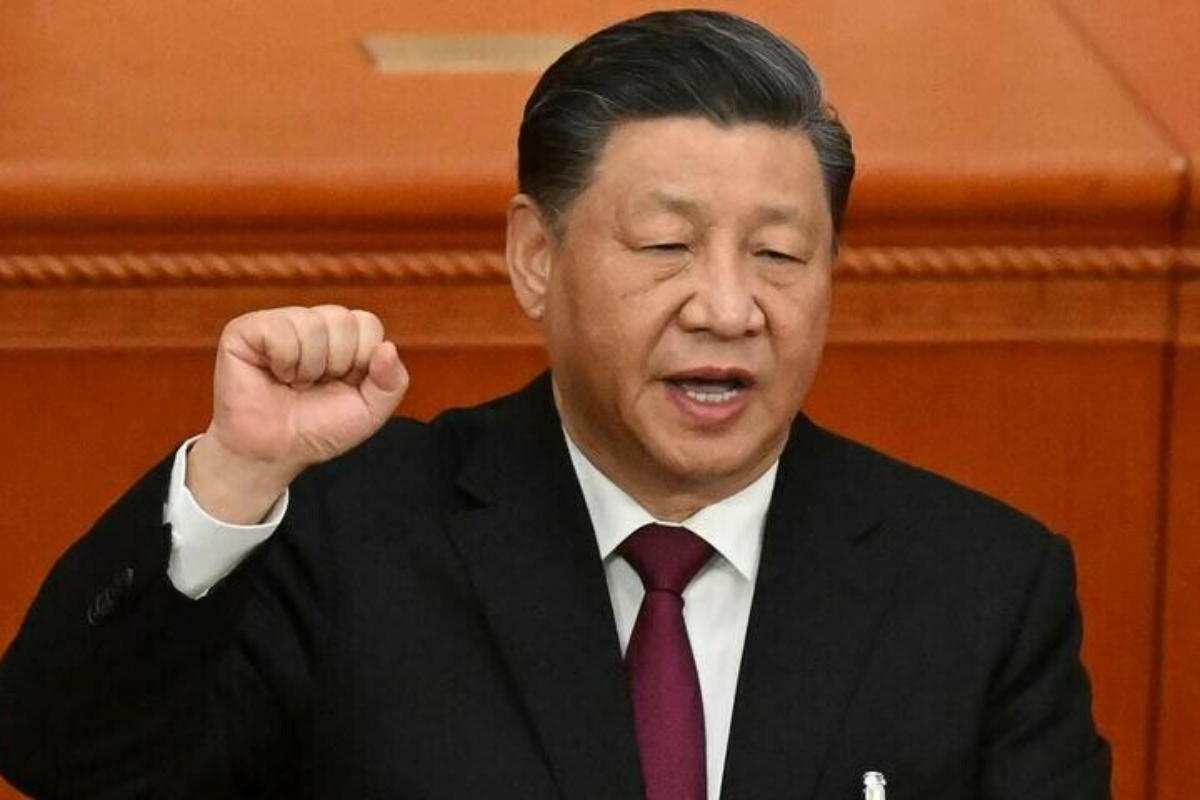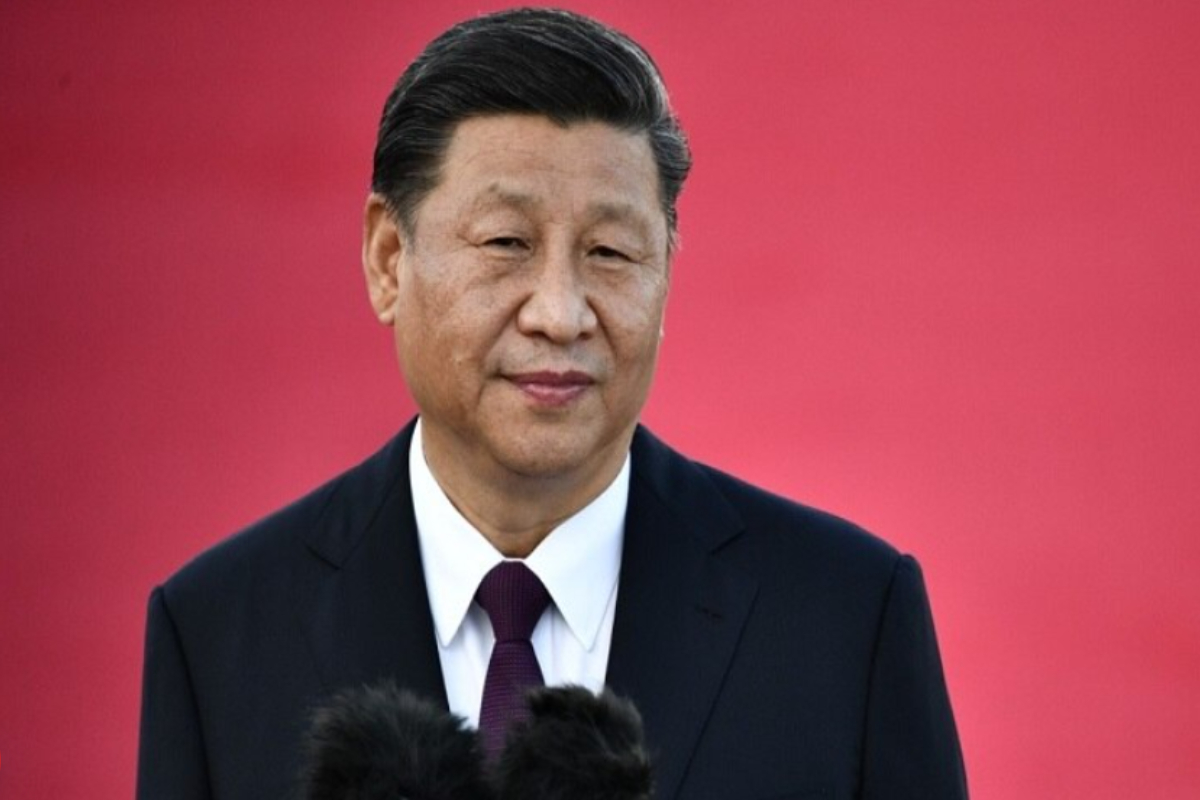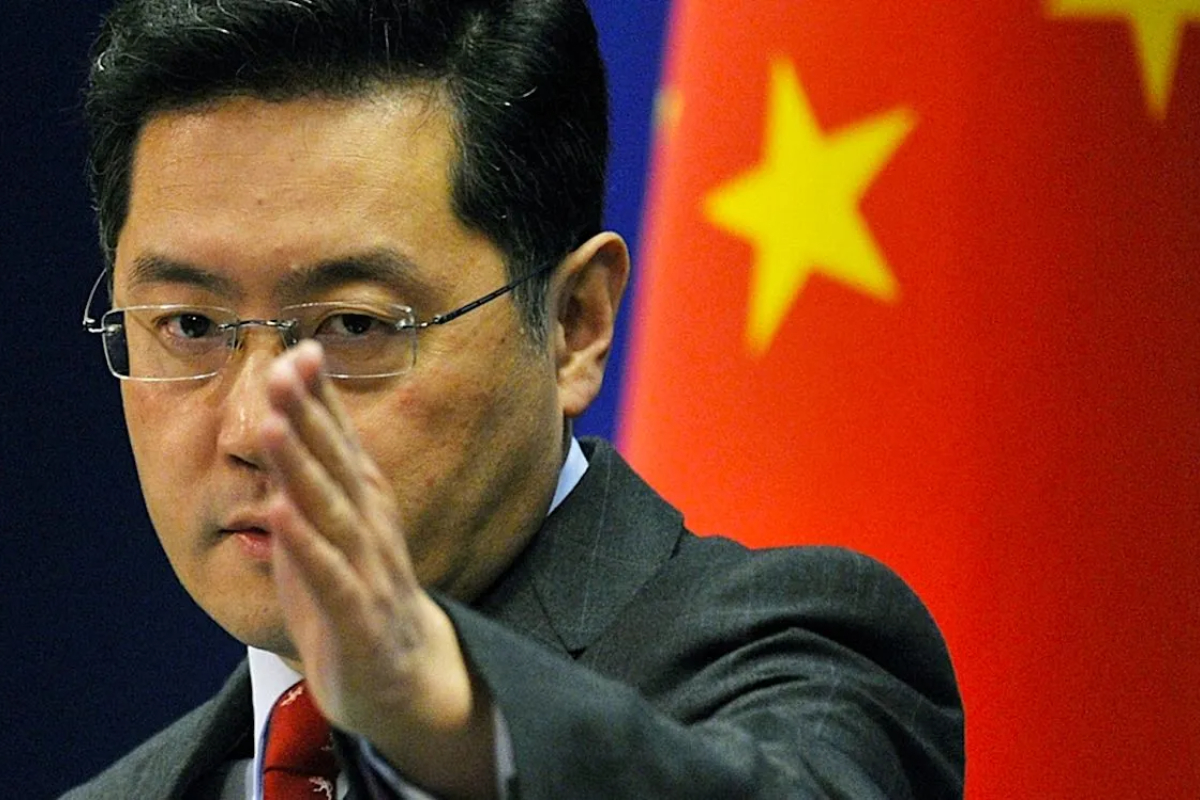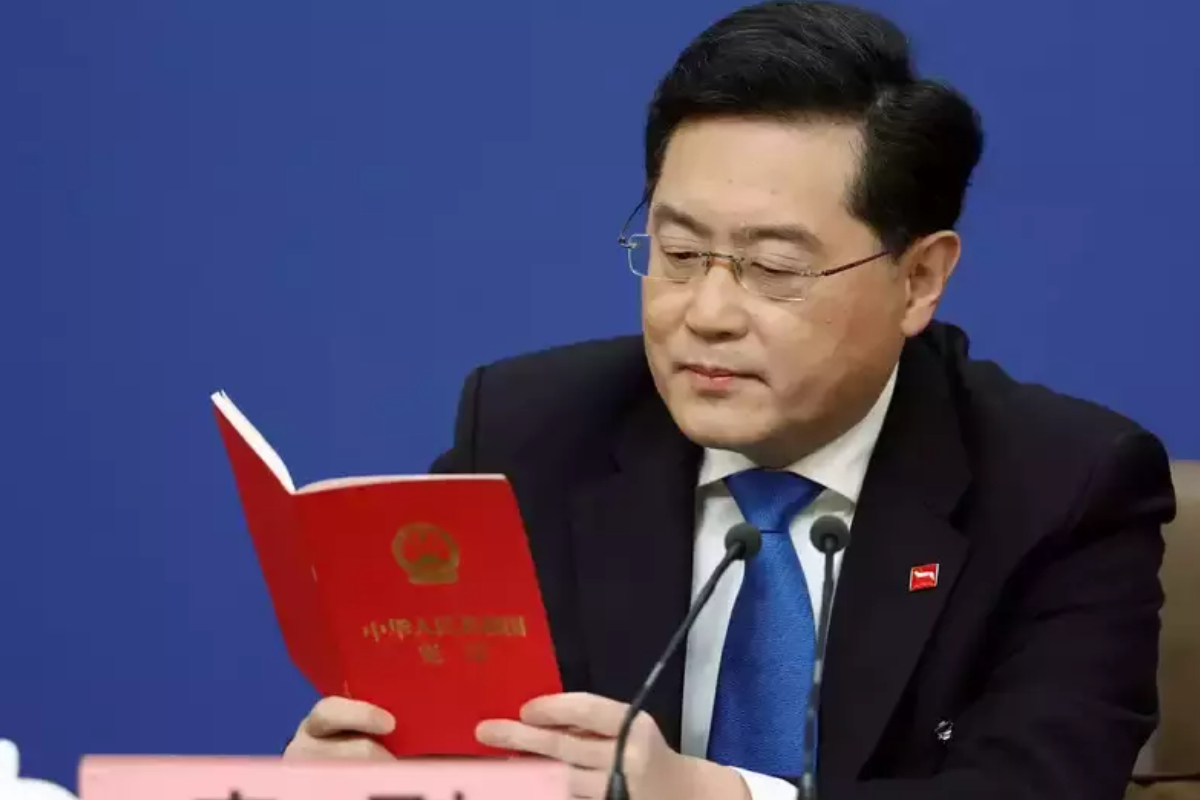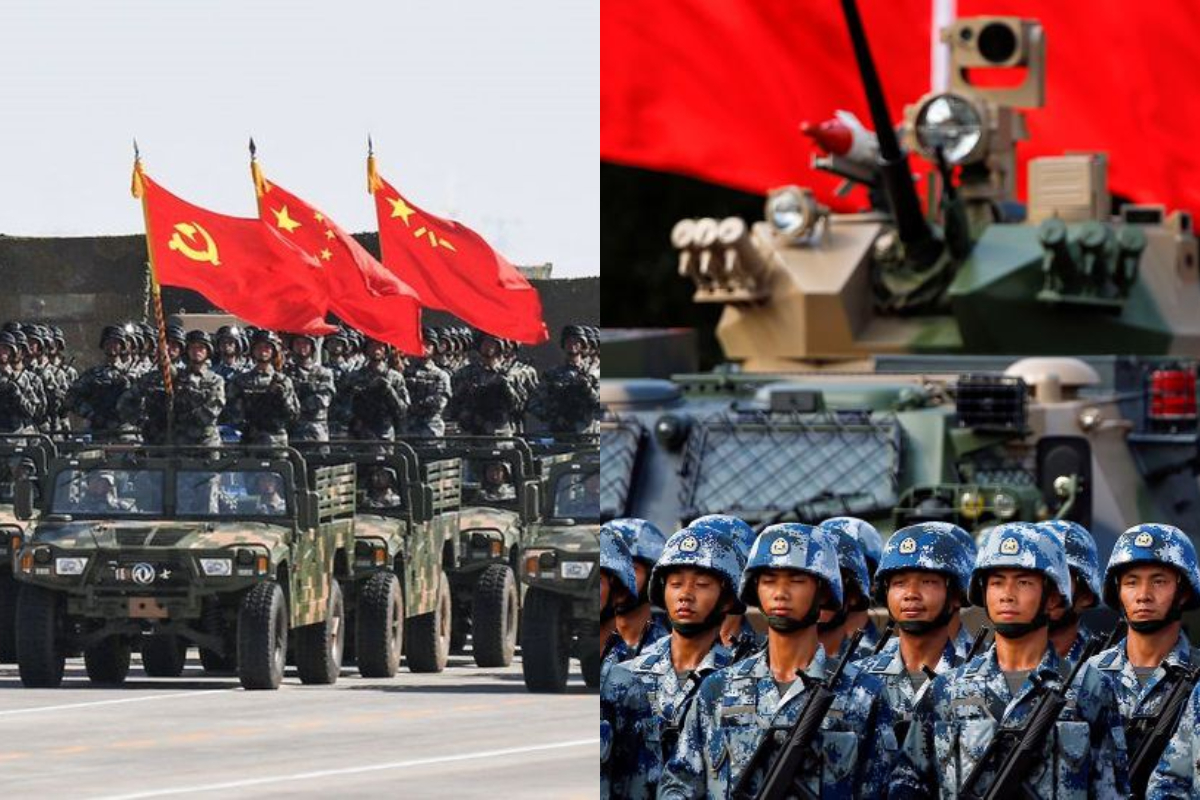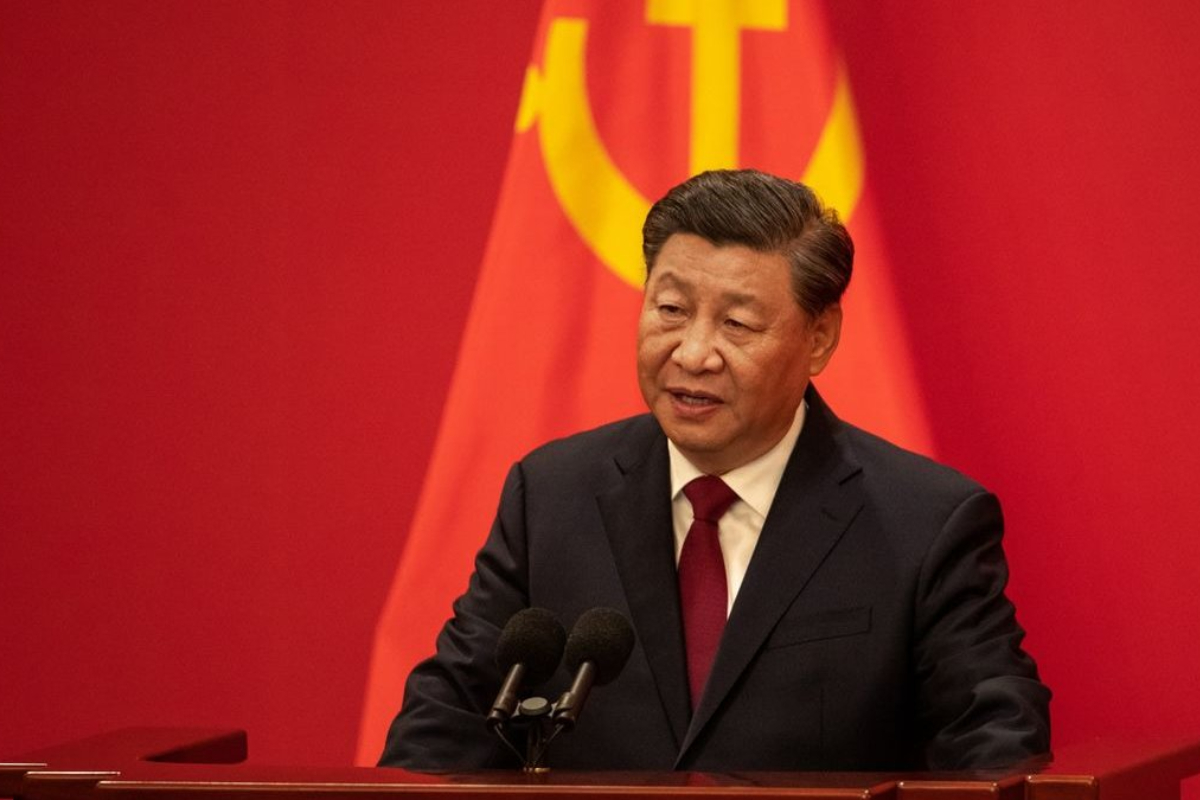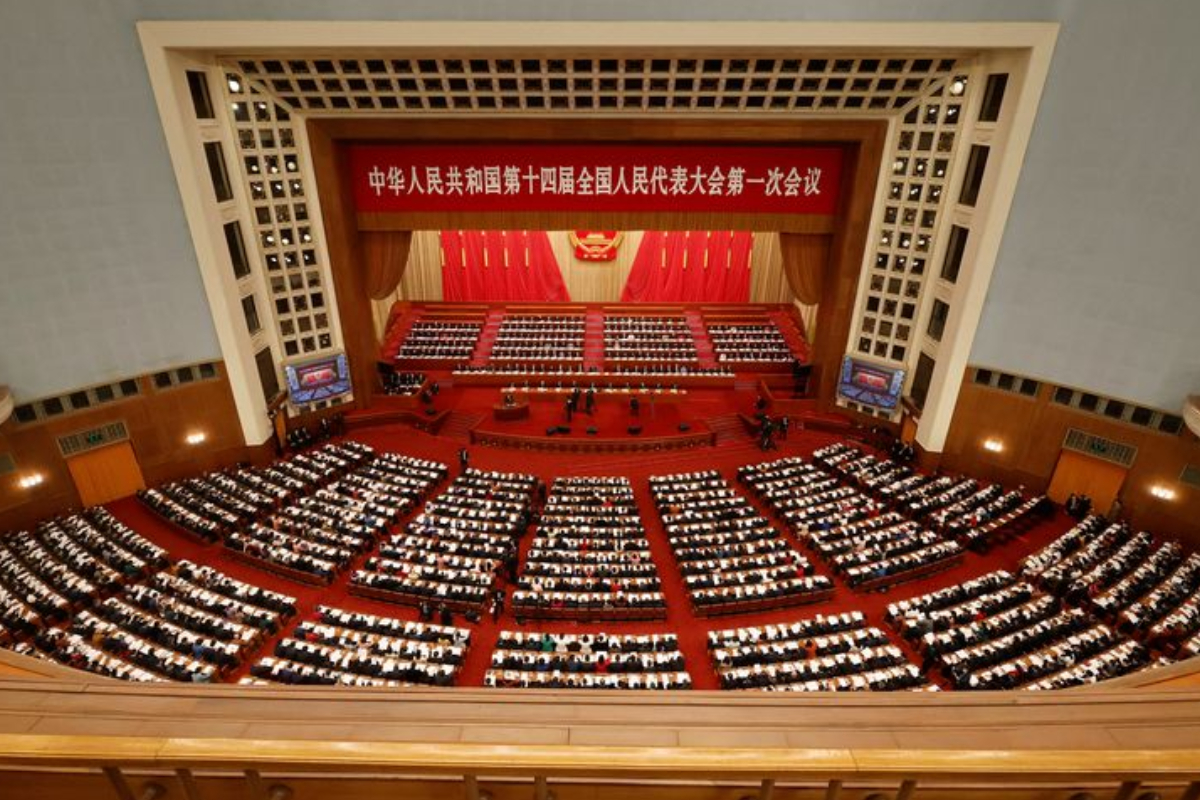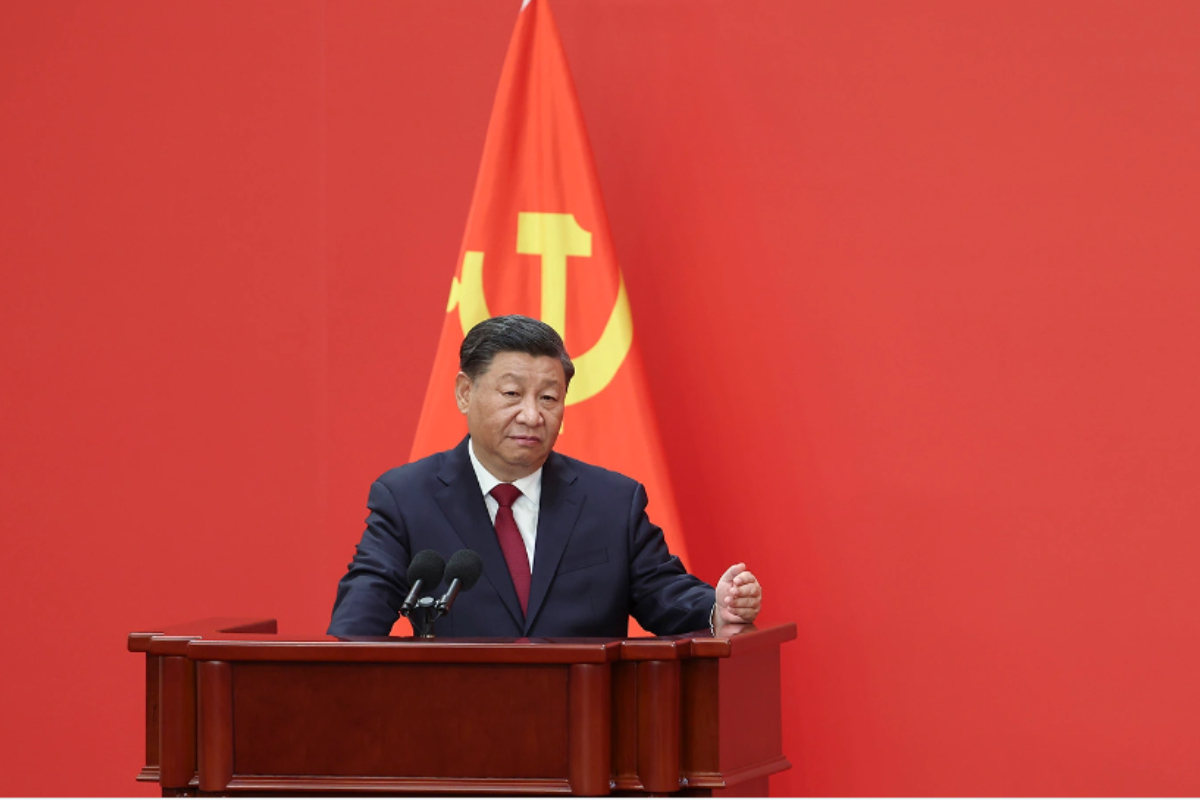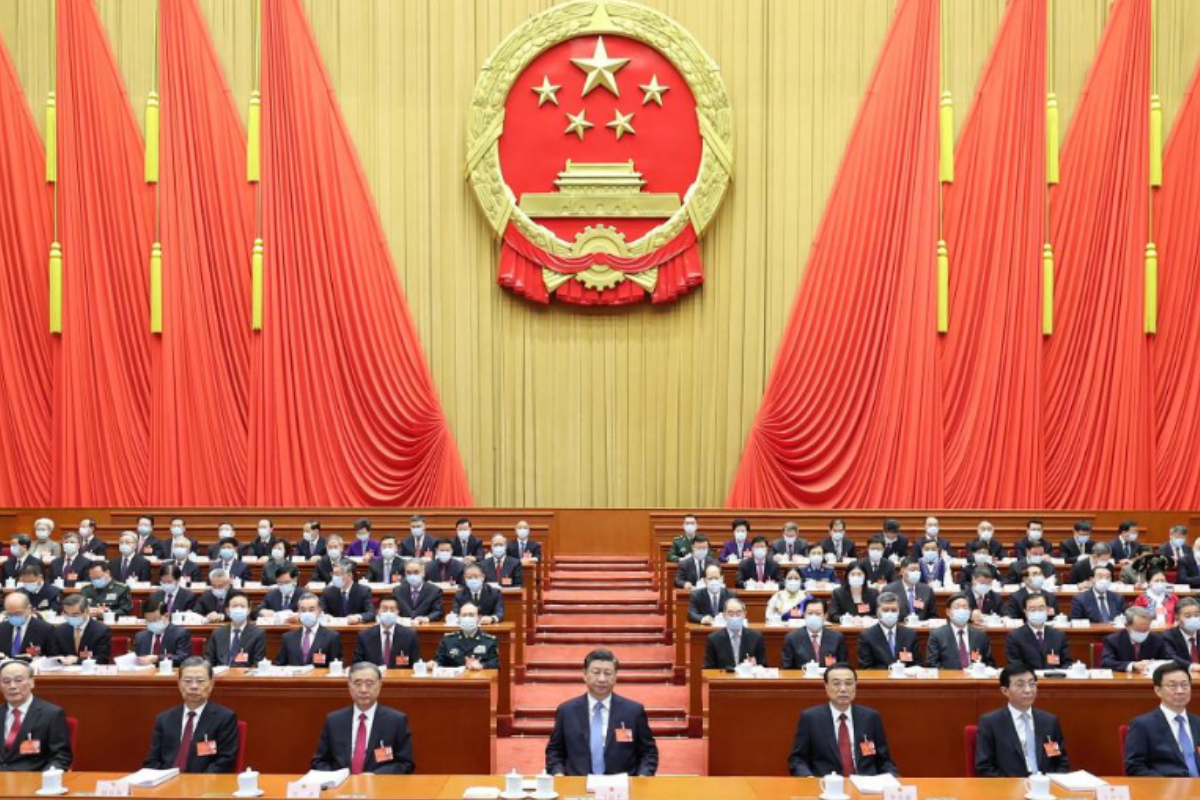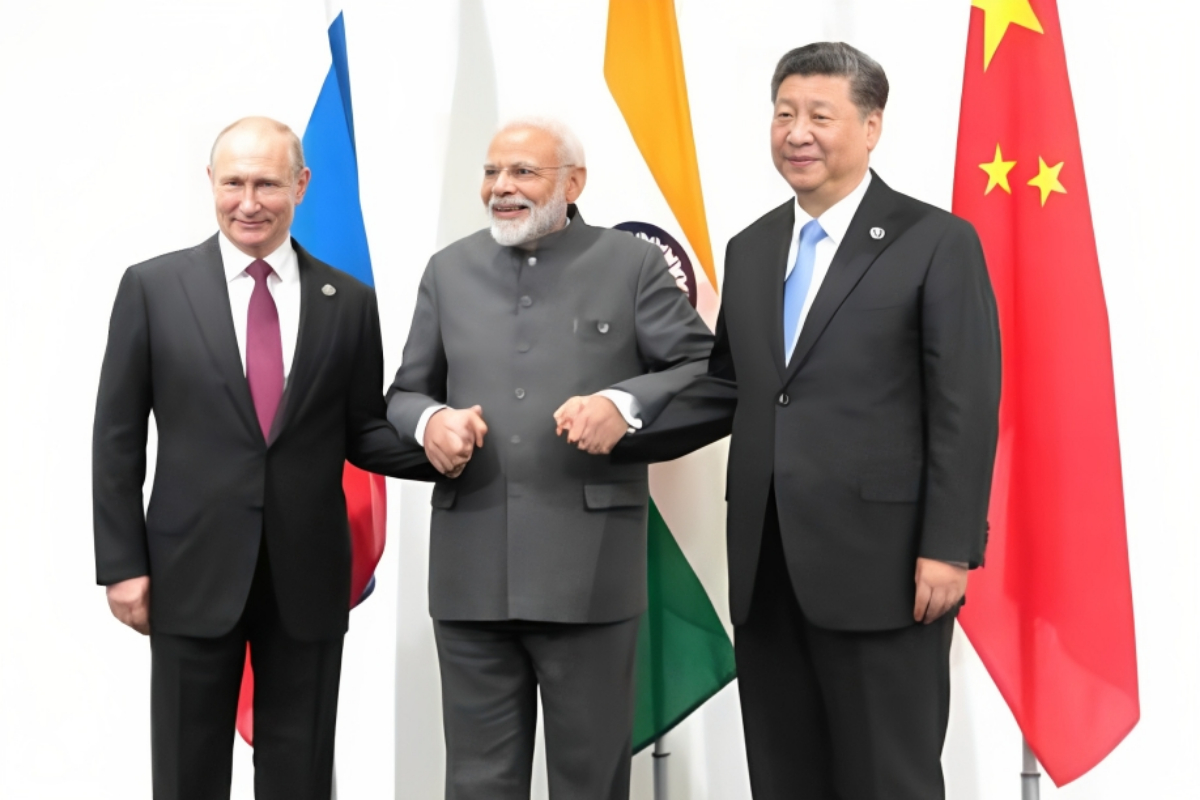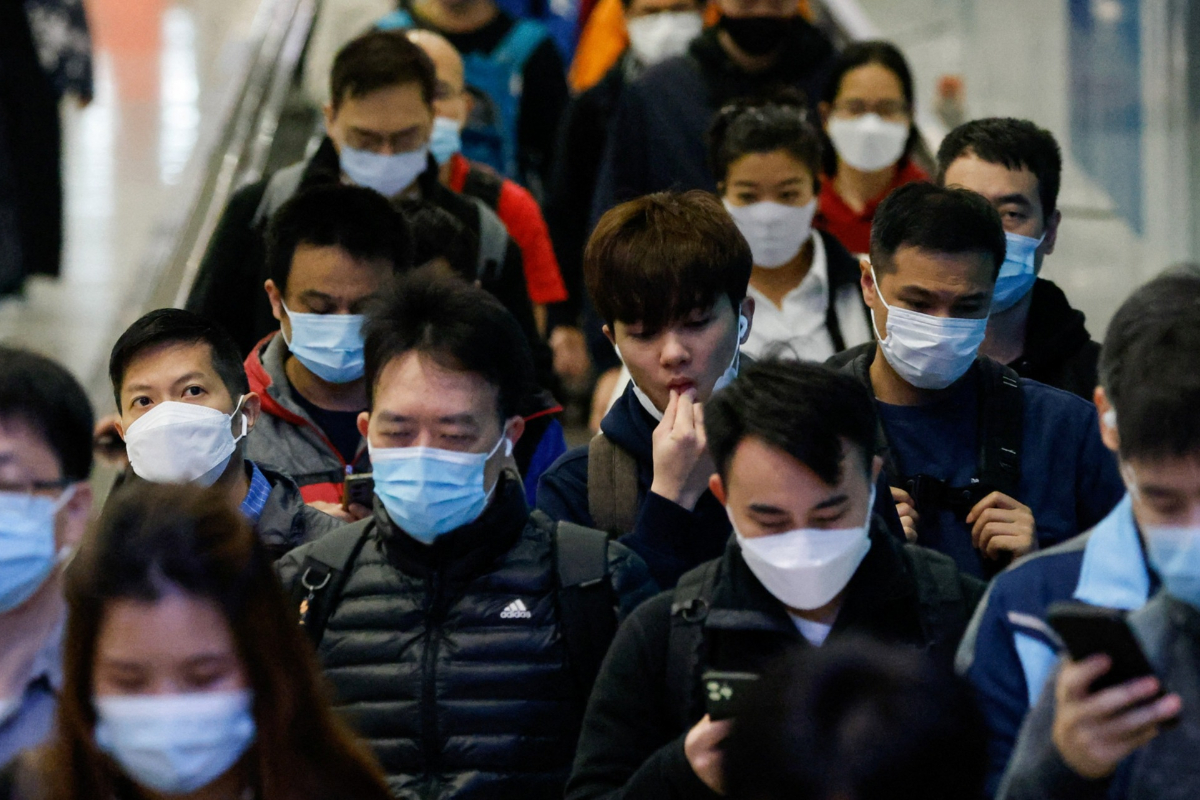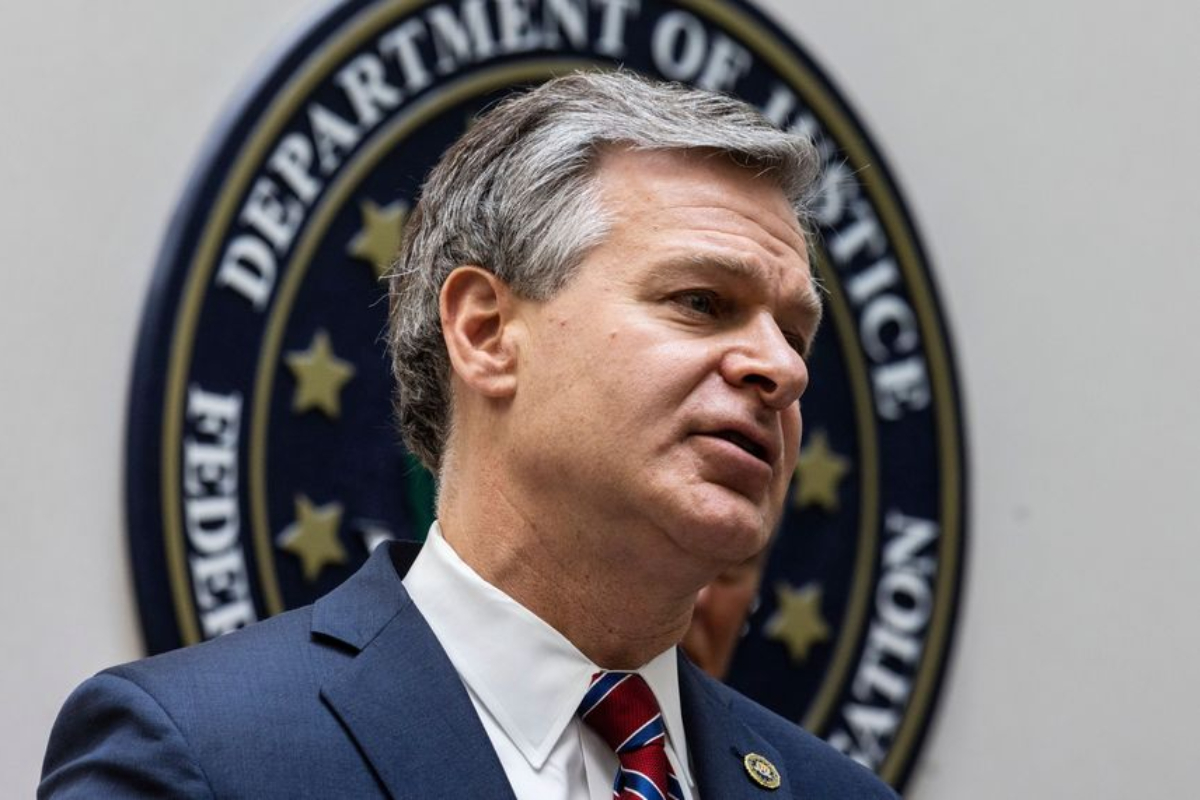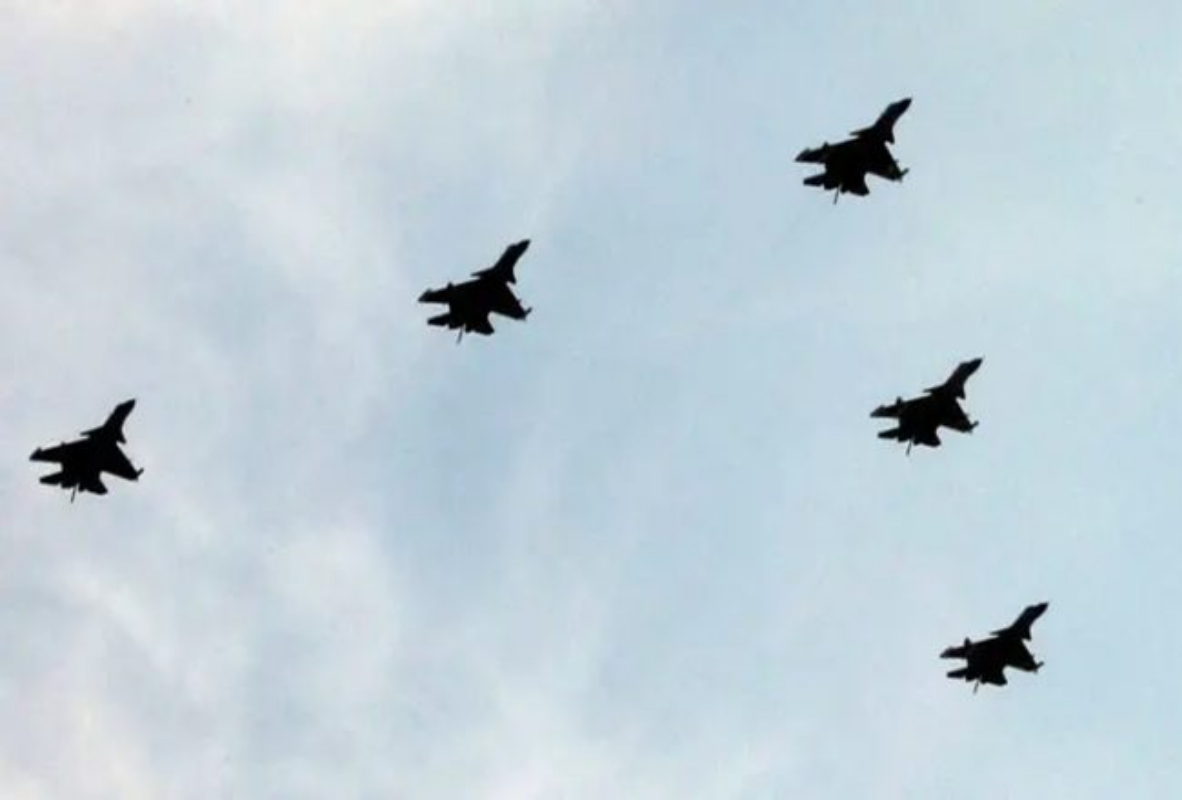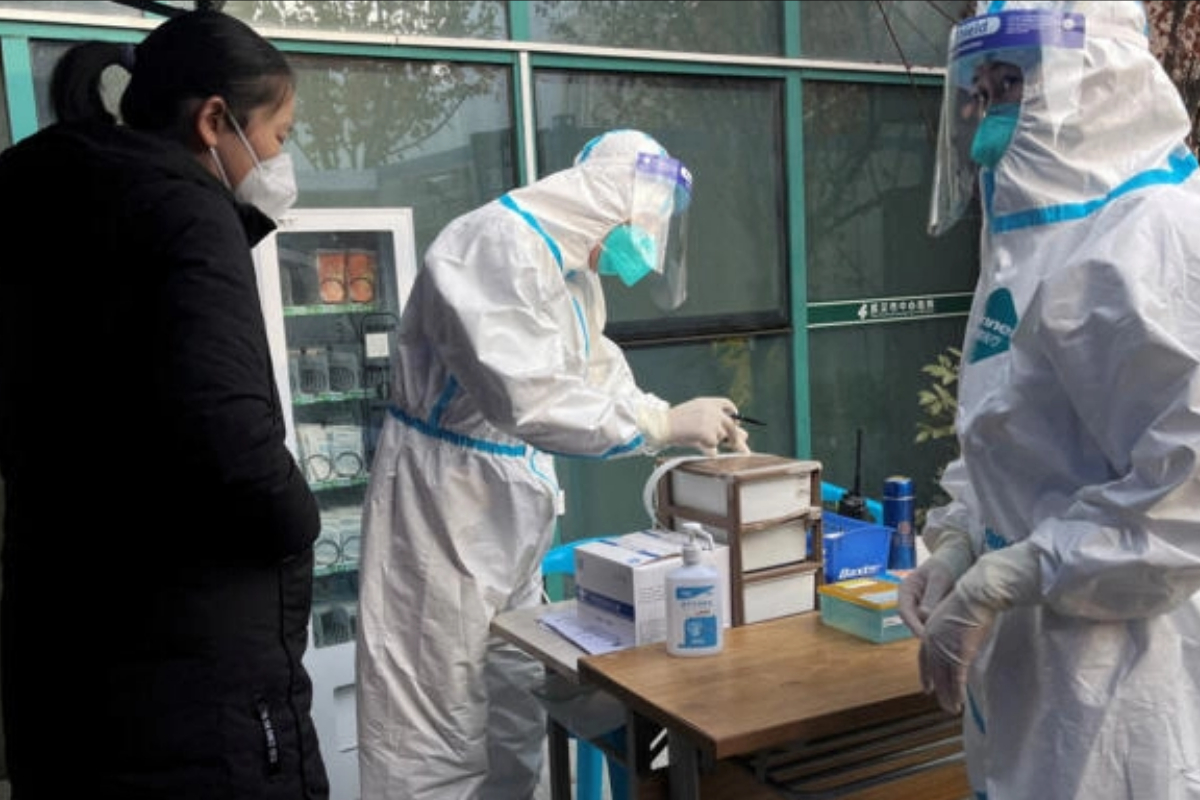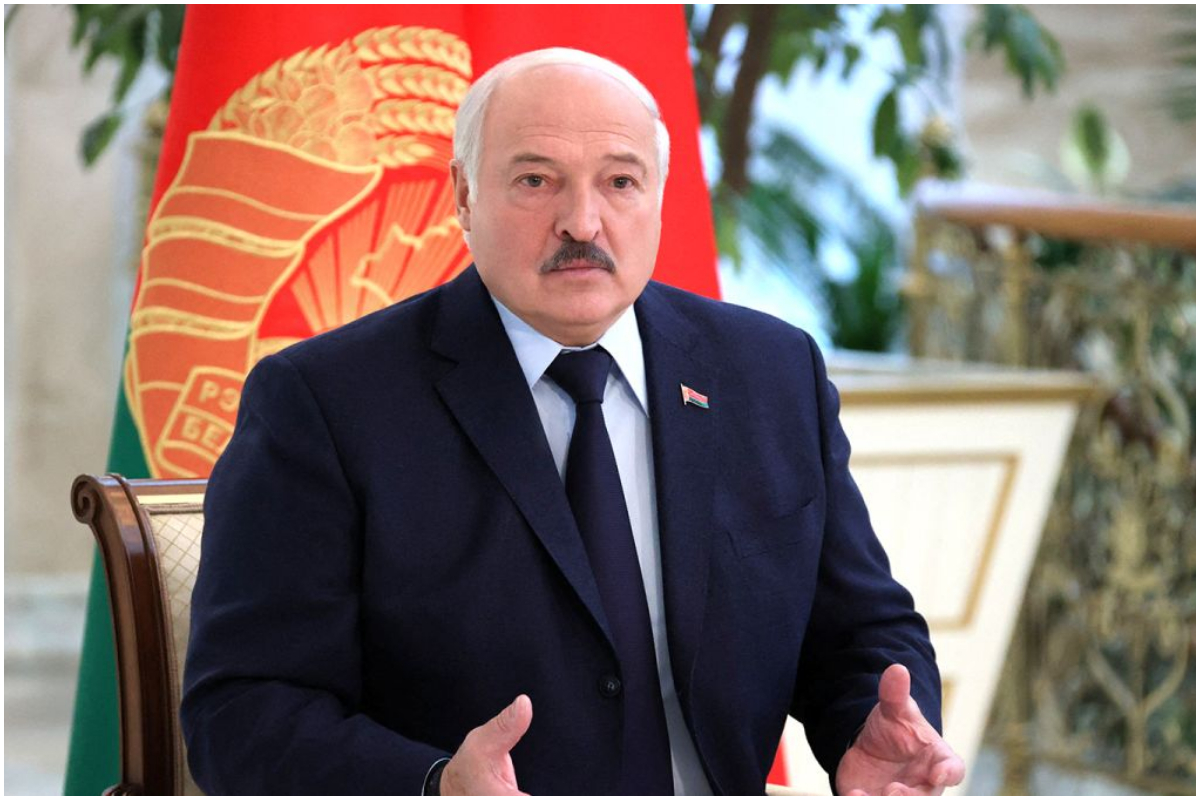- Micronesia’s outgoing president accused China of engaging in “political warfare” in the Pacific.
- China dismissed the letter’s contents as “smears and accusations.”
- Panuelo also accused China of “political warfare” in his country.
In an explosive letter advocating the severance of diplomatic ties with China, Micronesia’s outgoing president accused China of engaging in “political warfare” in the Pacific.
David Panuelo claims in the 13-page letter obtained by sources that China is preparing to invade the self-ruled island of Taiwan and has used bribery, political interference, and even “direct threats” to ensure the Federated States of Micronesia (FSM) remains neutral in the event of war.
China dismissed the letter’s contents as “smears and accusations.”
“I would like to emphasize that China has always upheld the equality of all countries – no matter their size – and has always respected how Micronesia chooses its own development, based on its own circumstances,” Chinese Foreign Ministry spokesperson Mao Ning said Friday in a regular press briefing.
Panuelo, who has previously criticised Beijing’s actions in the Pacific, admitted to considering switching diplomatic recognition to Taipei.
“China is seeking to ensure that, in the event of a war in our Blue Pacific continent between themselves and Taiwan, that the FSM is, at best, aligned with the PRC (China) instead of the United States, and, at worst, that the FSM chooses to ‘abstain’ altogether,” he wrote.
Despite never having governed Taiwan, the Chinese Communist Party claims it as its own territory and has refused to rule out the use of force to “reunify” it with mainland China.
Panuelo also accused China of “political warfare” in his country, which he claimed included overt activities – such as political alliances, economic measures and public propaganda – and clandestine acts such as “bribery, psychological warfare, and blackmail”.
“One of the reasons that China’s political warfare is successful in so many arenas is that we are bribed to be complicit, and bribed to be silent. That’s a heavy word, but it is an accurate description regardless,” he wrote in the letter.
Panuelo has been Micronesia’s president since 2019. His term is set to expire in two months after he lost his seat in the recent general election.
He has previously spoken out against China’s growing influence in the South Pacific, including a warning against Beijing’s proposal for a broad regional security agreement with ten Pacific Island countries.
Panuelo stated in a separate letter to 22 Pacific leaders last May that the draught proposal was intended to shift Pacific Island nations with diplomatic ties to China “very close into Beijing’s orbit.”
He argued that, in addition to affecting Pacific Island nations’ sovereignty, signing such an agreement could spark a new “Cold War” amid tensions between China and the West.
China ultimately failed in its attempt to reach a security agreement with Pacific Island nations.
The publication of Panuelo’s latest – and most explosive – letter comes as regional powers express growing concern about Beijing’s Indo-Pacific ambitions.
Because of the Pacific Islands’ location, primarily to the northeast of Australia, military strategists have long viewed the island nations as a vital connecting thread between the US territory of Guam and US-allied Australia.
Both the United States and Australia are concerned about a China that has become increasingly assertive in the South China Sea, extending its reach further west into Pacific waters, including towards the FSM, an archipelago of over 600 islands.
Meanwhile, the island nations themselves have been wary of being viewed as pawns in a great power struggle, typically more concerned with the ravages of climate change than geopolitics.
China’s interest in developing relations with Pacific Island countries is not new.
As the United States focused its attention on perceived threats in the Middle East in the early 2000s, a newly outward-looking China began to establish itself as an economic and diplomatic partner for Pacific island countries.
Beijing’s outreach centred on luring friends away from Taiwan, which is now only formally recognised by four of 14 South Pacific nations after the Solomon Islands and Kiribati switched allegiance to China in 2019.
In recent years, as Beijing pursued a more assertive foreign policy and increased development funding globally in an effort to increase its international clout, its visibility in the Pacific Islands has increased as well.
China has supported widely publicised projects in some Pacific Island countries – a national sports stadium in the Solomon Islands to host the Pacific Games, highways in Papua New Guinea, and bridges in Fiji – and dispatched high-level envoys to the region, including two visits by Chinese President Xi Jinping, once in 2014 and again in 2018.
It has also emerged as a key trading partner for Pacific Island economies.
[embedpost slug=”/china-chooses-li-qiang-as-premier-trusted-ally-of-xi-jinping/”]

